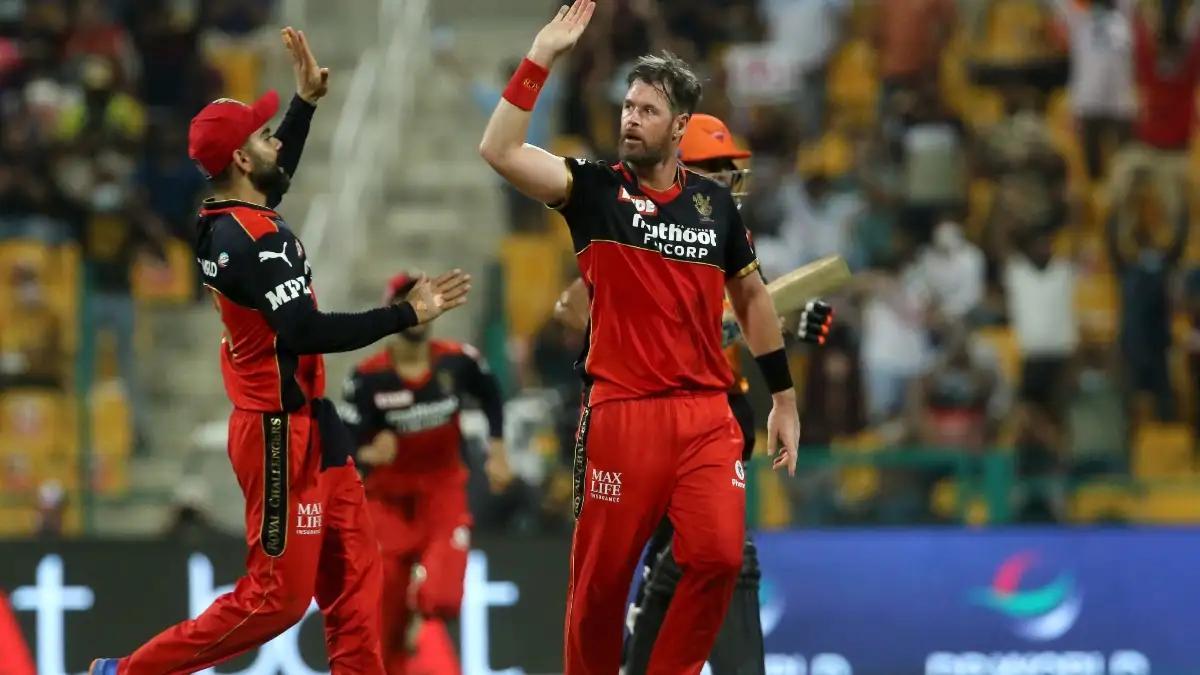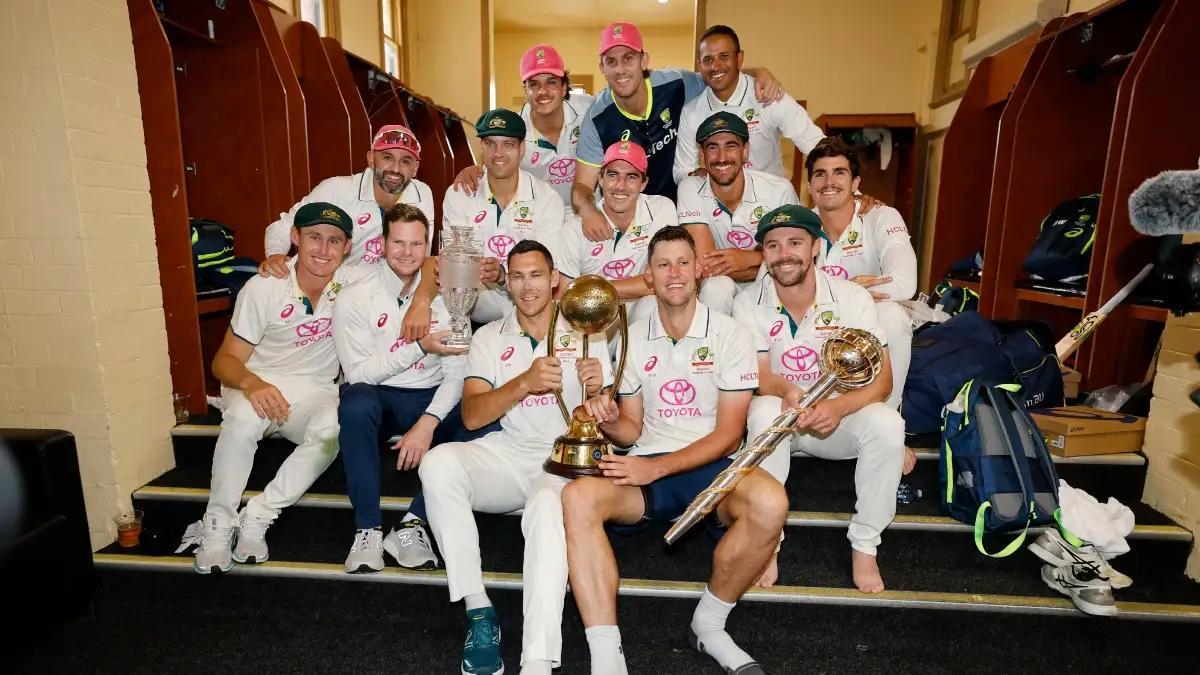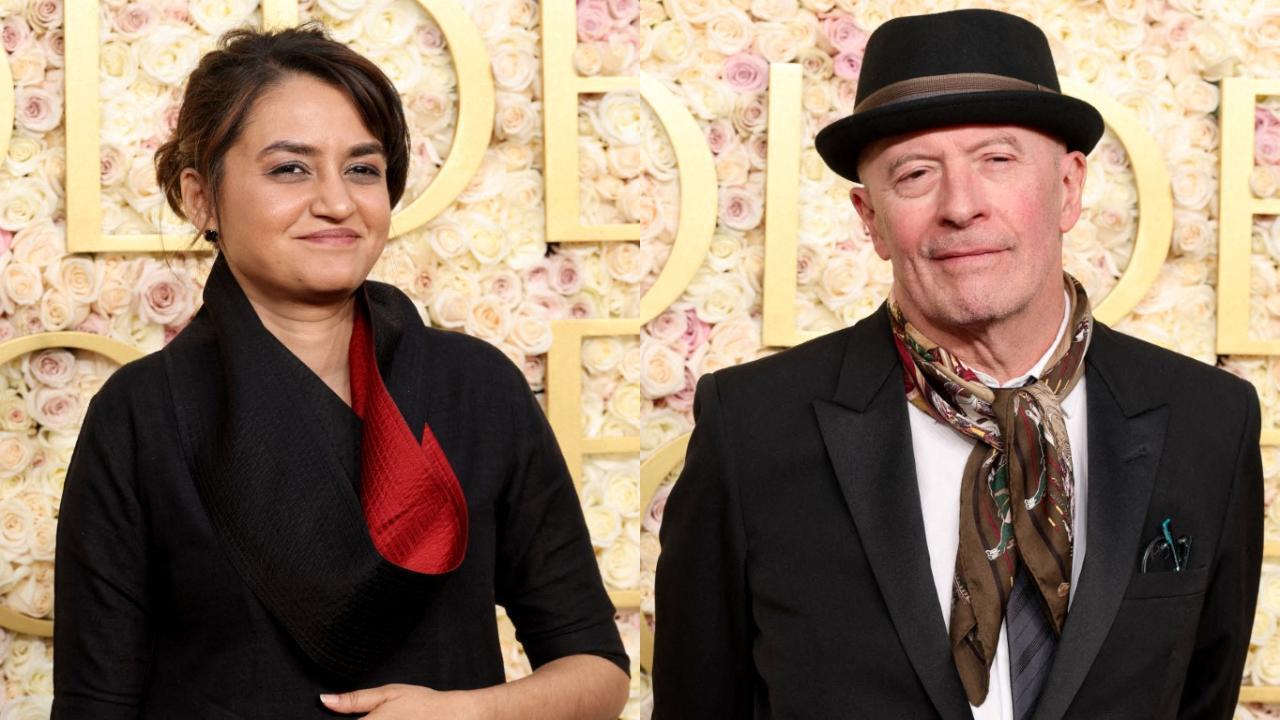
The Akal Takht, regarded as the apex temporal authority within the Sikh community, has taken a firm stand in the ongoing controversy surrounding the film Punjab ’95, directed by Honey Trehan. This biographical movie, starring Diljit Dosanjh and Geetika Vidya Ohlyan, chronicles the life of revered human rights activist Jaswant Singh Khalra. It has been awaiting clearance from the Central Board of Film Certification (CBFC) for nearly two years. Recently, the CBFC raised eyebrows by demanding almost 120 alterations to the film, igniting a wave of concern among Sikhs and prompting intervention from significant religious and cultural bodies.
The decision by the CBFC to enforce these numerous changes, including renaming both the movie itself and its protagonist, has not been well received. The Akal Takht has responded by directing the Shiromani Gurdwara Parbandhak Committee (SGPC) to convene a panel of Sikh scholars. The task of this panel will be to meticulously review Punjab ’95, ensuring it remains true to the historical narrative and honors Jaswant Singh Khalra’s enduring legacy.
Jaswant Singh Khalra was a pivotal figure who exposed the secretive disappearance and extrajudicial killings of Sikh youths in Punjab during the insurgency period of 1984 to 1995. He is remembered for his tireless quest for truth and justice. The proposed changes by the CBFC are feared to potentially dilute these historical truths, which has rallied the Sikh community and the martyr’s family to oppose them vehemently.
Gurcharan Singh Grewal, General Secretary of the SGPC, has openly expressed his concern, highlighting that the CBFC’s suggested cuts could obscure legally and factually verified events, thereby diminishing the film’s impact and accuracy. “The Khalra family has voiced concerns that the CBFC’s cuts might dilute the film’s message by removing references to events verified by legal and human rights institutions. Such changes could obscure the film’s historical accuracy and impact,” stated Grewal. This sentiment underscores the need to preserve the film’s essence and ensure it reflects the truth as supported by legal and human rights investigations.
The Akal Takht’s Jathedar, Giani Raghbir Singh, emphasized the importance of the film aligning with the Sikh community’s sentiments.
. He has insisted on a thorough review by Sikh scholars to safeguard the authenticity of Khalra’s portrayal. “We must guarantee that the film, in its original form, is released only after adequate efforts have been made to honor Khalra’s legacy,” he asserted, reiterating the commitment to maintaining the film’s integrity before it reaches audiences.
In response to the controversy, the SGPC is in the process of assembling a review committee. This committee will include legal experts and scholars well-versed in the political and social dynamics of the time. The review is anticipated to commence in the coming weeks and will play a crucial role in determining the film’s future.
However, while this internal review unfolds, the film’s director, Honey Trehan, and producer Ronnie Screwvala remain at an impasse with the CBFC. Despite having objected to the CBFC’s extensive list of changes, they have yet to receive a definitive response regarding the film’s certification status. The filmmaker’s commitment to preserving the original vision of Punjab ’95 is unwavering, and there is hope that the backing of the Akal Takht and the SGPC will lean in their favor.
“The makers are seeing some hope after the Akal Takht and SGPC have decided to watch the film. It has now reached a point that the makers are contemplating not making any cuts to the film at all, including the original 22 cuts suggested by the CBFC. If the Sikh bodies are comfortable with the film, the makers will fight for the release of the original version,” a source close to the production revealed. This development suggests that the filmmakers might resist making any of the previously proposed edits, banking on the support from the influential Sikh institutions.
As discussions and reviews continue, the outcome remains uncertain. Yet, the situation underscores the broader cultural and historical implications of filmmaking in India, where narratives that touch upon sensitive periods must balance artistic expression with historical fidelity and community sentiments. The unfolding events around Punjab ’95 are a testament to the ongoing debate about who gets to narrate history and how it is interpreted for future generations.










